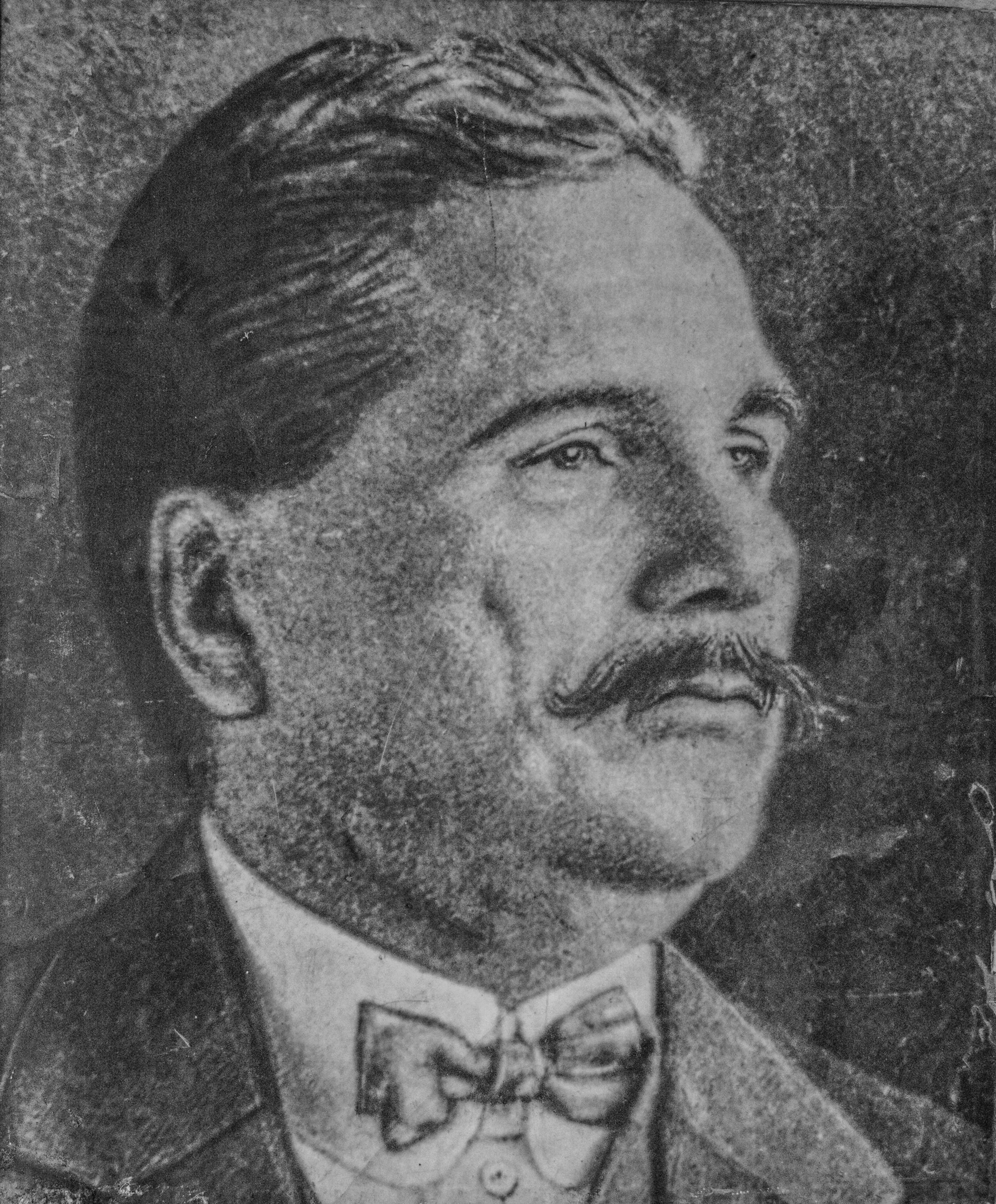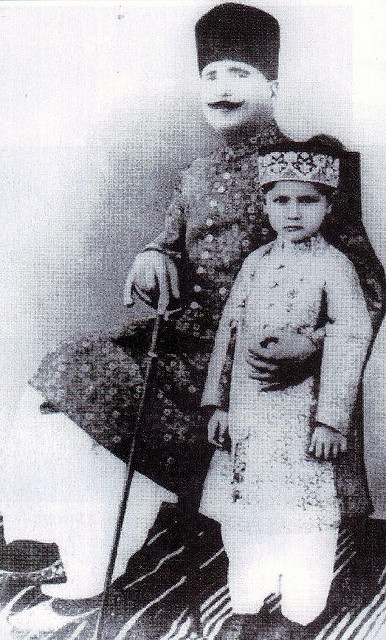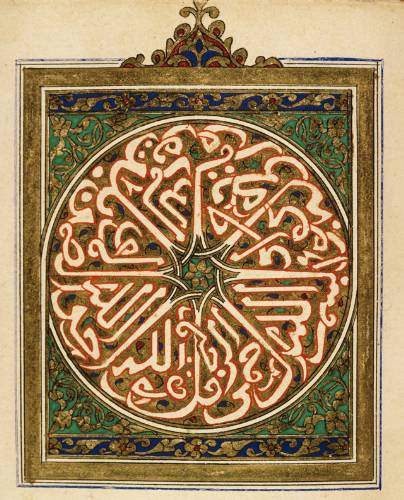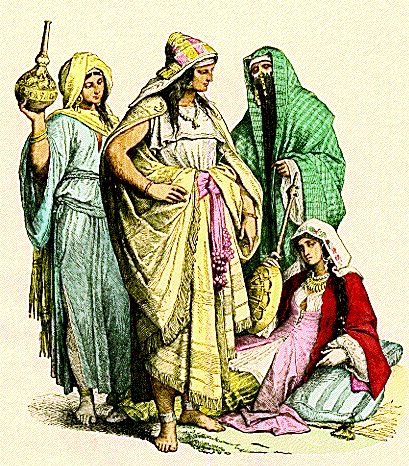|
Rumuz-i-Bekhudi
''Rumuz-e-Bekhudi'' (; or ''The Secrets of Selflessness''; published in Persian, 1918) was the second philosophical poetry book of Allama Iqbal, a poet-philosopher of the Indian subcontinent. This is a sequel to his first book '' Asrar-e-Khudi'' (''The Secrets of the Self''). Introduction Also in Persian and published in 1918, this group of poems has as its main themes the ideal community, Islamic ethical and social principles, and the relationship between the individual and society. Although he is true throughout to Islam, Iqbal recognizes also the positive analogous aspects of other religions. The ''Rumuz-i-Bekhudi'' (''Secrets of Selflessness'') complements the emphasis on the self in the ''Asrar-i-Khudi'' and the two collections are often put in the same volume under the title ''Asrar-o-Rumuz''. A.J. Arberry's famous English translation of the ''Rumuz'' first appeared in 1953. ''Rumuz-i-Bekhudi'' is addressed to the world's Muslims. Iqbal sees the individual and his comm ... [...More Info...] [...Related Items...] OR: [Wikipedia] [Google] [Baidu] |
Allama Iqbal
Muhammad Iqbal (9 November 187721 April 1938) was a South Asian Islamic philosopher, poet and politician. Quote: "In Persian, ... he published six volumes of mainly long poems between 1915 and 1936, ... more or less complete works on philosophical themes" (p. xiii)" His poetry in Urdu is considered to be among the greatest of the 20th century, Quote: "In Urdu, Iqbal is allowed to have been far the greatest poet of this century, and by most critics to be the only equal of Ghalib (1797–1869). ... the Urdu poems, addressed to a real and familiar audience close at hand, have the merit of being direct, spontaneous utterances on tangible subjects. (p. xiii)" and his vision of a cultural and political ideal for the Muslims of British-ruled India is widely regarded as having animated the impulse for the Pakistan Movement. He is commonly referred to by the honorific ''Allama'' (, ) and widely considered one of the most important and influential Muslim thinkers and Islamic religio ... [...More Info...] [...Related Items...] OR: [Wikipedia] [Google] [Baidu] |
Asrar-e-Khudi
''Asrar-i-Khudi'' (, ''The Secrets of the Self''; published in Persian, 1915) was the first philosophical poetry book of Allama Iqbal. This book deals mainly with the individual, while his second book ''Rumuz-i-Bekhudi'' discusses the interaction between the individual and society. Introduction Published in 1915 in poetry, 1915, ''Asrar-i-Khudi'' (Secrets of the Self) was the first poetry book of Iqbal. Considered by many to be Iqbal's best book of poetry, it is concerned with the philosophy of religion. In a letter to the poet Ghulam Qadir Girami (d.1345/1927), Iqbal wrote, "The ideas behind the verses had never been expressed before either in the East or in the West." R.A. Nicholson, who translated the Asrar as'' The Secrets of the Self'', says it caught the attention of young Muslims as soon as it was printed. Iqbal wrote this in Persian language, Persian because he felt the language was well-suited for the expression of these ideas. Overview In 1915, he published his firs ... [...More Info...] [...Related Items...] OR: [Wikipedia] [Google] [Baidu] |
Persian Language
Persian ( ), also known by its endonym and exonym, endonym Farsi (, Fārsī ), is a Western Iranian languages, Western Iranian language belonging to the Iranian languages, Iranian branch of the Indo-Iranian languages, Indo-Iranian subdivision of the Indo-European languages. Persian is a pluricentric language predominantly spoken and used officially within Iran, Afghanistan, and Tajikistan in three mutual intelligibility, mutually intelligible standard language, standard varieties, respectively Iranian Persian (officially known as ''Persian''), Dari, Dari Persian (officially known as ''Dari'' since 1964), and Tajik language, Tajiki Persian (officially known as ''Tajik'' since 1999).Siddikzoda, S. "Tajik Language: Farsi or not Farsi?" in ''Media Insight Central Asia #27'', August 2002. It is also spoken natively in the Tajik variety by a significant population within Uzbekistan, as well as within other regions with a Persianate society, Persianate history in the cultural sphere o ... [...More Info...] [...Related Items...] OR: [Wikipedia] [Google] [Baidu] |
Bal-e-Jibril
''Baal-e-Jibril'' (; or ''Gabriel's Wing''; published in Urdu, 1935) is a philosophical poetry book by Allama Muhammad Iqbal. Introduction Iqbal's first book of poetry in Urdu, '' Bang-i-Dara'' (1924), was followed by ''Bal-i-Jibril'' in 1935 and '' Zarb-i-Kalim'' in 1936. Bal-i-Jibril is regarded as the peak of Iqbal's Urdu poetry. It consists of ghazals, poems, quatrains, epigrams and advises the nurturing of the vision and intellect necessary to foster sincerity and firm belief in the heart of the ummah and turn its members into true believers. Some of the verses had been written when Iqbal visited Britain, Italy, Palestine, France, Spain and Afghanistan, including one of Iqbal's best known poems '' The Mosque of Cordoba''. The work contains 15 ghazals addressed to God and 61 ghazals and 22 quatrains dealing with ego, faith, love, knowledge, the intellect and freedom. Iqbal recalls the past glory of Muslims as he deals with contemporary political problems. Contents ... [...More Info...] [...Related Items...] OR: [Wikipedia] [Google] [Baidu] |
Armaghan-i-Hijaz
''Armaghan-i-Hijaz'' (; or ''The Gift of the Hijaz''; originally published in Persian, 1938) was a philosophical poetry book of Allama Iqbal, the great poet-philosopher of Islam. Introduction This work, published a few months after the poet's death, is a fairly small volume containing verses in both Persian and Urdu. It is incomplete, although this is not readily apparent to the reader; for Iqbal left some gaps in the book which he intended to fill when he made the pilgrimage to Mecca. The title means "Gift from the Hijaz." He had long wished to undertake the journey to the Arabian Peninsula to perform the Hajj and to visit the tomb of Muhammad, but was prevented from doing so by continuous illness during the last years of his life. Iqbal began composing the Armaghan as a gift to take to the Hijaz, intending to publish it on his return to India as a "Gift from the Hijaz" to his countrymen. In this, his last work, we find the poet more withdrawn and introspective than previous ... [...More Info...] [...Related Items...] OR: [Wikipedia] [Google] [Baidu] |
Index Of Muhammad Iqbal–related Articles
This page list topics related to Muhammad Iqbal. * Muhammad Iqbal's concept of Khudi * Muhammad Iqbal's political philosophy * Muhammad Iqbal's educational philosophy * Madani–Iqbal debate * Muhammad Iqbal bibliography * Allahabad Address * Works of Muhammad Iqbal * Iqbal Academy Pakistan Poem * Iblees Ki Majlis-e-Shura * Sare Jahan se Accha * Tarana-e-Milli * The Mosque of Cordoba * Lab Pe Aati Hai Dua * Khizr-i-Rah * Saqi Namah * Tulu'i Islam * Khizr-i-Rah * Gulshan-i Raz-i Jadid Works by Iqbal * Studies in Economics (Ilm al-Iqtisad) * History of India (Tarikh-i-Hind) * The Call of the Marching Bell * The Development of Metaphysics in Persia * Gift from Hijaz * Ilm Al-Iqtisad * Javid Nama * Message from the East ''Payam-i-Mashriq'' (, or ''Message from the East'', published in Persian) is a philosophical poetic work written by Muhammad Iqbal and published in 1923 as a reply to Goethe's '' West-östlicher Diwan''. Introduction Payam-i-Mashriq ... [...More Info...] [...Related Items...] OR: [Wikipedia] [Google] [Baidu] |
Al-Ikhlas
Al-Ikhlāṣ (, "Sincerity"), also known as the Declaration of God's Unity and al-Tawhid (, "Monotheism"), is the 112th chapter (''sūrah'') of the Quran. According to George Sale, this chapter is held in particular veneration by Muslims, and declared, by Islamic tradition, to be equal in value to a third part of the whole Quran. It is said to have been revealed during the Quraysh Conflict with Muhammad in answer to a challenge over the distinguishing attributes of God, Muhammad invited them to worship. Al-Ikhlas is not merely the name of this surah but also the title of its contents, for it deals exclusively with Tawhid. The other surahs of the Quran generally have been designated after a word occurring in them, but in this surah the word Ikhlas has occurred nowhere. It has been given this name in view of its meaning and subject matter. Text and meaning Text and transliteration * Hafs from Aasim ibn Abi al-Najud ¹ ² ³ ⁴ * Warsh from Nafi‘ al-Mad ... [...More Info...] [...Related Items...] OR: [Wikipedia] [Google] [Baidu] |
Hijab
Hijab (, ) refers to head coverings worn by Women in Islam, Muslim women. Similar to the mitpaḥat/tichel or Snood (headgear), snood worn by religious married Jewish women, certain Christian head covering, headcoverings worn by some Christian women, such as the hanging veil, apostolnik and Kapp (headcovering), kapp, and the dupatta favored by many Hindus, Hindu and Sikhs, Sikh women, the hijab comes in various forms. The term describes a scarf that is wrapped around the head, covering the hair, neck, and ears while leaving the face visible. The use of the hijab has grown globally since the 1970s, with many Muslims viewing it as a symbol of modesty and faith; it is also worn as a form of adornment. There is consensus among Islamic religious scholars that covering the head is required. In practice, most Muslim women choose to wear it. The term was originally used to denote a partition and was sometimes used for Haya (Islam), Islamic rules of modesty. In the verses of the Qur'an, ... [...More Info...] [...Related Items...] OR: [Wikipedia] [Google] [Baidu] |
Fatima Zahra
Fatima bint Muhammad (; 605/15–632 CE), commonly known as Fatima al-Zahra' (), was the daughter of the Islamic prophet Muhammad and his wife Khadija. Fatima's husband was Ali, the fourth of the Rashidun caliphs and the first Shia imam. Fatima's sons were Hasan and Husayn, the second and third Shia imams, respectively. Fatima has been compared to Mary, mother of Jesus, especially in Shia Islam. Muhammad is said to have regarded her as the best of women and the dearest person to him. She is often viewed as an ultimate archetype for Muslim women and an example of compassion, generosity, and enduring suffering. It is through Fatima that Muhammad's family line has survived to this date. Her name and her epithets remain popular choices for Muslim girls. When Muhammad died in 632, Fatima and her husband Ali refused to acknowledge the authority of the first caliph, Abu Bakr. The couple and their supporters held that Ali was the rightful successor of Muhammad, possibly referri ... [...More Info...] [...Related Items...] OR: [Wikipedia] [Google] [Baidu] |
Mecca
Mecca, officially Makkah al-Mukarramah, is the capital of Mecca Province in the Hejaz region of western Saudi Arabia; it is the Holiest sites in Islam, holiest city in Islam. It is inland from Jeddah on the Red Sea, in a narrow valley above sea level. Its metropolitan population in 2022 was 2.4million, making it the List of cities in Saudi Arabia by population, third-most populated city in Saudi Arabia after Riyadh and Jeddah. Around 44.5% of the population are Saudis, Saudi citizens and around 55.5% are Muslim world, Muslim foreigners from other countries. Pilgrims more than triple the population number every year during the Pilgrimage#Islam, pilgrimage, observed in the twelfth Islamic calendar, Hijri month of . With over 10.8 million international visitors in 2023, Mecca was one of the ten List of cities by international visitors, most visited cities in the world. Mecca is generally considered "the fountainhead and cradle of Islam". Mecca is revered in Islam as the birthp ... [...More Info...] [...Related Items...] OR: [Wikipedia] [Google] [Baidu] |
Koran
The Quran, also Romanization, romanized Qur'an or Koran, is the central religious text of Islam, believed by Muslims to be a Waḥy, revelation directly from God in Islam, God (''Allah, Allāh''). It is organized in 114 chapters (, ) which consist of individual verses ('). Besides its religious significance, it is widely regarded as the finest work in Arabic literature, and has significantly influenced the Arabic, Arabic language. It is the object of a modern field of academic research known as Quranic studies. Muslims believe the Quran was orally revealed by God to the final Islamic Prophets and messengers in Islam, prophet Muhammad in Islam, Muhammad through the Angel#Islam, angel Gabriel#Islam, Gabriel incrementally over a period of some 23 years, beginning on the Night of Power, Laylat al-Qadr, when Muhammad was 40, and concluding in 632, the year of his death. Muslims regard the Quran as Muhammad's most important Islamic view of miracles, miracle, a proof of his prophet ... [...More Info...] [...Related Items...] OR: [Wikipedia] [Google] [Baidu] |







